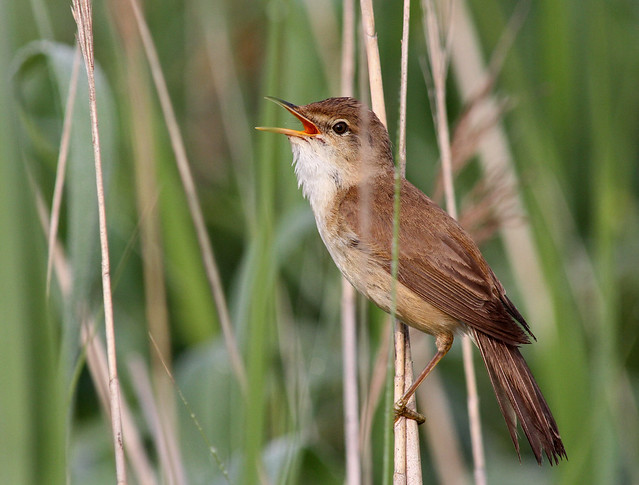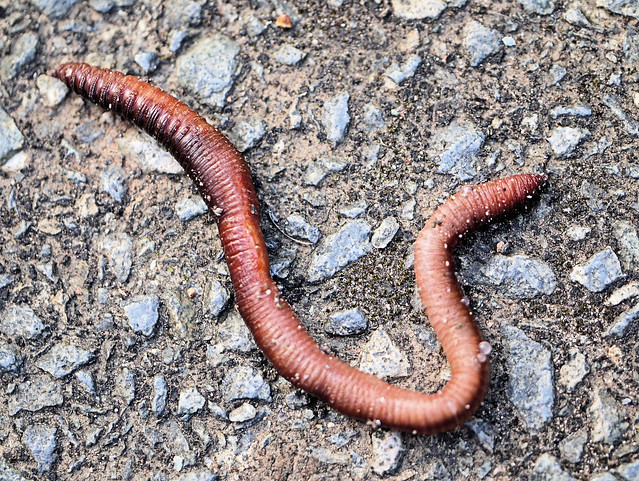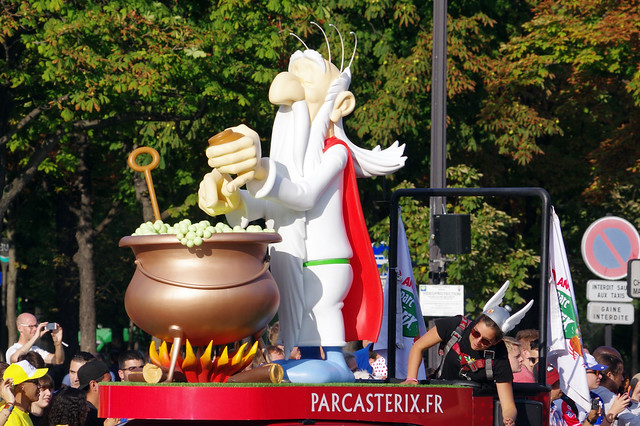Wurble is a wonderful word that I learnt today. What do you think it means?
- to warble words in a waffly kind of way
- to wriggle like a worm
- to talk or sing with water in your mouth
Wurble [wʌrbl] is a Scots words that means:
1. To move forward in a twisting, sinuous manner like a worm, to wriggle, crawl; to walk with a knock-kneed gait.
2. To work hard, esp. on some finicky tedious job, to strive, struggle, contend with difficulties.
3. To join two threads by twisting and rubbing the ends together; to patch up a quarrel [source].
Wurble is also written warble or wirble. Related words are wurbler (worm), and wurdle, which means “to work hard with little prospect of success” [source]. As far as I know, the word game, Wordle has no connection to wurdle or wurble.
The English word warble [ˈwɔɹbl̩ / ˈwɔːbl̩] is not related to wurdle or wurble. It means to sing like a bird, to cause to quaver or vibrate, to modulate a tone’s frequency, to be modulated or to be uttered melodiously [source].

Reed Warbler, Acrocephalus scirpaceus
Warble comes from the Old North French werbler (to sing with trills and quavers, from the Frankish *werbilon, possibly from the Proto-Germanic *hwirbilaz (circle, ring, whirl) [source].









